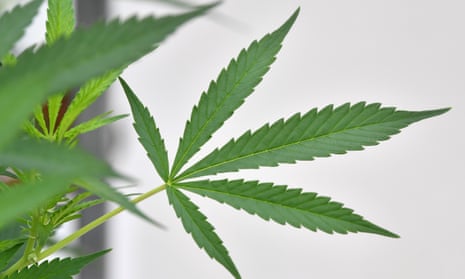Medicinal cannabis companies that falsely claimed their prescription products could treat serious conditions, such as cancer and epilepsy, have received a collective fine of almost $1m by Australia’s drugs regulator.
The Therapeutic Goods Administration (TGA) issued 73 infringement notices totalling $972,360 between the medicinal cannabis companies MGC Pharmaceuticals Ltd, Cannatrek Ltd and Little Green Pharma Ltd. The infringements were for the alleged unlawful advertising of medicinal cannabis products on websites and social media platforms.
In Australia, promoting prescription medicines to the general public is illegal in order to protect consumers against misleading or false claims and to better ensure medical advice only comes from health professionals who have seen the patient and know their history.
The TGA alleges the companies unlawfully promoted prescription-only medicinal cannabis products, including references on their websites that the products can treat serious diseases or conditions including cancer and epilepsy.
“Further, some advertising allegedly suggested or implied that particular medicinal cannabis products were recommended or approved by a government authority,” the TGA said in a statement.
“The use in advertisements of claims about a serious disease or condition is also unlawful without express permission from the TGA because Australians facing a serious disease or condition are a particularly vulnerable consumer group.”
The Royal Australian College of General Practitioners president, Adj Prof Karen Price, said medicinal cannabis is sometimes prescribed as a “last-resort medication for specific illness”.
Depending on the medical condition, “the quality of evidence varies and in some cases is inconclusive or insufficient to suggest any benefit to patients”, she said.
after newsletter promotion
The website for Europe-based MGC Pharmaceuticals is down for maintenance. In a statement, MGC said it had “cooperated fully with the TGA to remedy the issues raised, including removing all posts of concern from its social media channels, some of which were third-party posts, and placing the Company’s website into maintenance”.
“The website will be live again in November following a rebranding exercise, with new internal guidelines implemented to prevent a repeat occurrence,” the statement said.
Guardian Australia has contacted Cannatrek Ltd and Little Green Pharma Ltd for comment.
